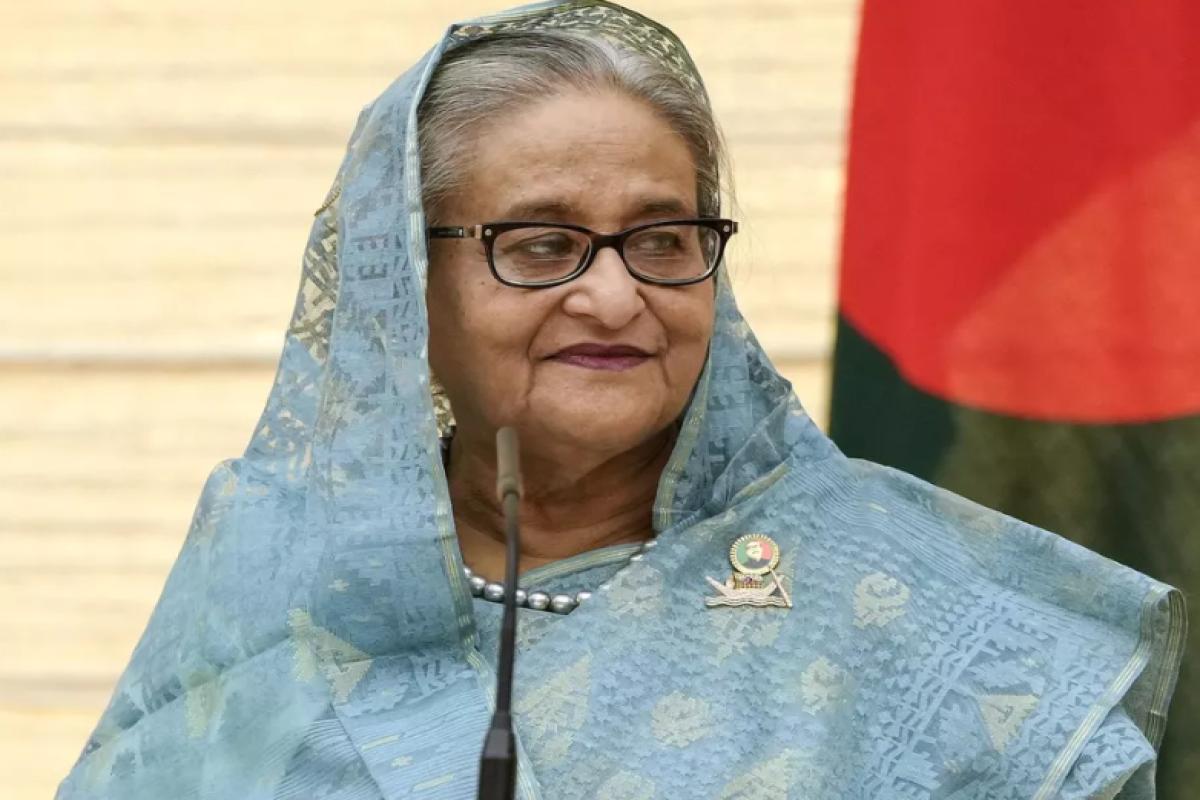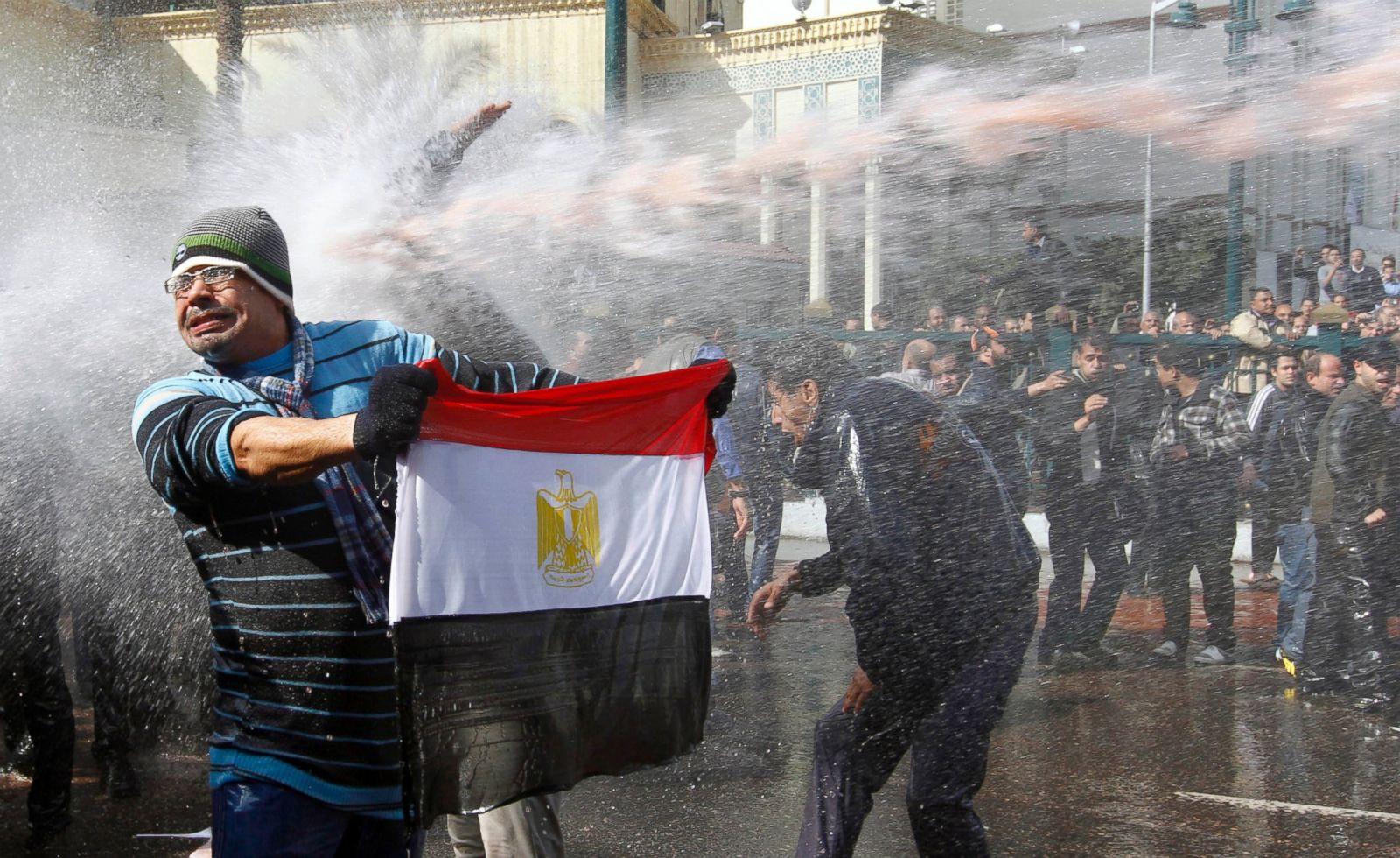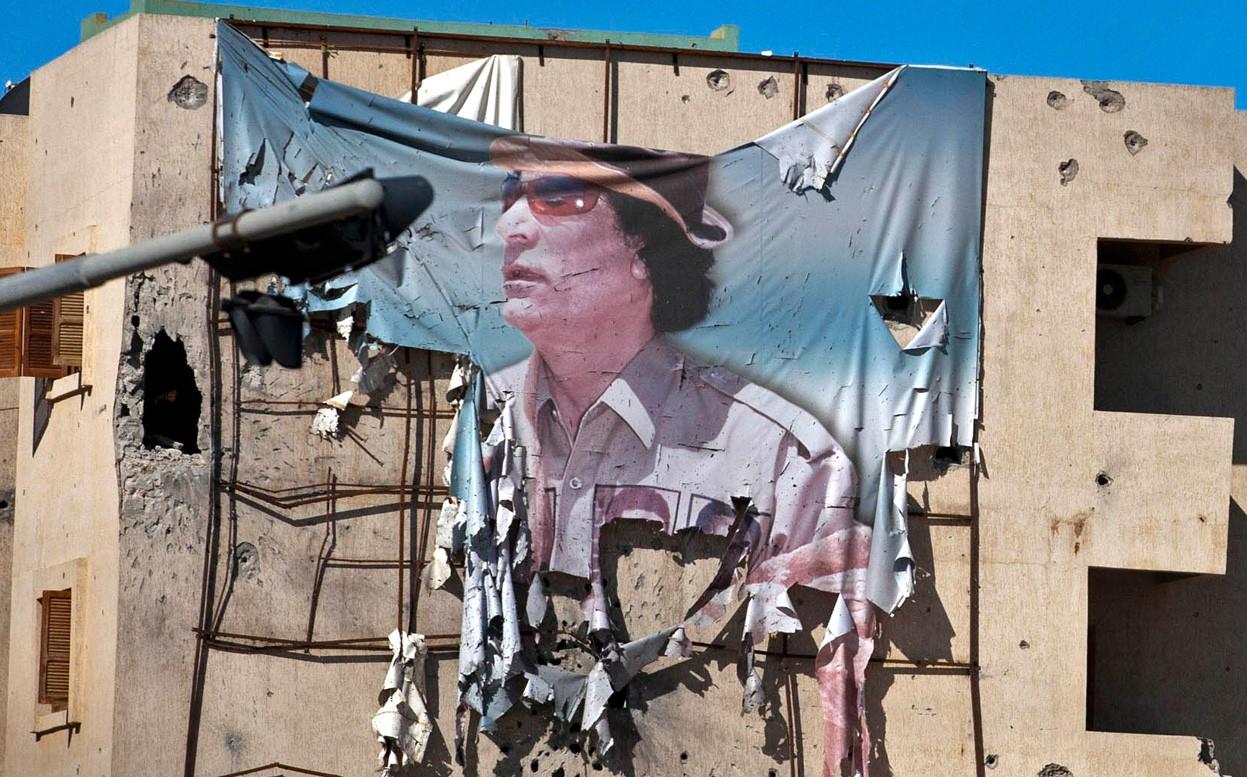In the glow of Bengal lights Reflections on the turmoil in Dhaka
Bengal lights are familiar to everyone, even to those who might not know them by name. These sparklers—iron wires coated with a flammable compound at one end—have long been a staple at celebrations of all kinds. Their vibrant glow brings to mind the events unfolding today in their historical homeland. The region of Bengal, where these lights were invented, now lies within the borders of modern Bangladesh and India, but those are mere details.
After several weeks of protests that resulted in hundreds of casualties, triggered by the decision of the Supreme Court of Bangladesh to reinstate previously abolished quotas for civil service for the families of citizens who died in the struggle for independence, enraged protesters stormed the residence of Prime Minister Sheikh Hasina. The fact that the court reversed its decision and removed the quotas again no longer mattered to anyone. Hasina, the daughter of the "Father of the Nation" Sheikh Mujibur Rahman, who, along with his family, was killed during the 1975 coup (Hasina was abroad at the time), was forced to flee to India, which had previously given her refuge, and is now seeking political asylum in the United Kingdom.

So, the tyrant is overthrown—at least, that's how many media outlets are portraying Hasina. The crowd is toppling statues of Rahman, despite his status as the "Father of the Nation." The parliament has been ransacked, and police stations have been burned. The army has taken control. The people are rejoicing. A bright future lies ahead! Or does it?
No. And it's not due to doubts about the Bangladeshi people's ability to build such a future. It's not because this is one of the poorest countries in the world. It's not due to the complicated reaction of neighboring India, which traditionally plays a significant role in this country and is now concerned about the fate of hundreds of thousands of co-religionists living in Muslim-majority Bangladesh. And it's not about the keen interest of Pakistan, from which Mujibur Rahman led the struggle for independence. In the past few decades, no instance of violent power change has led to any positive improvements for those who fought for these changes in the streets, shed blood, and even sacrificed their lives (or their families' lives). Don't believe it? Let's recall a few examples.

Egypt, Yemen, Libya, Iraq, Somalia, Syria (where changing the regime was not achieved despite extensive efforts, leading to full-scale war), and eight military coups in Africa (where Paris's reputation and interests suffered greatly, but that's another topic). Even Tunisia, which sparked the Arab Spring and managed to avoid large-scale bloodshed, has repeatedly found itself mired in political turmoil due to the lack of any tangible results from its "renewal" and "people's rule."
Aside from the 2-3 percent of the population involved in the "wave" of new political leadership, who among those who once stormed the streets shouting "down with the dictator" and "freedom" has seen their lives improve in these countries? Who?
Has corruption decreased? Has healthcare and education improved? Has transparency and accountability of elected officials increased? Has unemployment sharply declined? Have the flows of illegal migration, with thousands of people risking their lives to reach better lands, been curtailed? No, no, and no again! On the contrary, in most cases, the situation has worsened. The rich have become richer, and the poor poorer. The authorities have become more brazen and cynical.
"But what are you suggesting, my dear sir?" the thoughtful reader will ask with rising anger. "Are you advocating for 'complete submission'? Should governments abuse their own citizens while we remain silent, lest worse things happen?"
Not at all. Citizens have every right to demand a better life and to pressure their government to fulfill its duties and obligations. This is the essence of the dialogue between the government and the citizen. It is the very alarm bell that prevents the emergence of the monster of lawlessness and impunity. And such a monster always and everywhere leads to tragedy for the people, the government, and the country as a whole.
But everyone must remember the consequences of mindless cries of "Down with it!" and "Storm and destroy!" Frenzied mobs are ready to riot for any reason, or even without one. Do you think the sincere patriots from the countries mentioned above, driven by a genuine desire to fight injustice and lawlessness—who could doubt that there were plenty of such stories in Iraq or Libya—don't regret their actions with thoughts like, "If only we could turn back the clock!"? They do regret it, but it's too late. The train has left the station, and at best, the country is left in ruins. Remember our saying, "Wanted to trim the eyebrows but ended up losing an eye"?

Dhaka is lively today, but for all the wrong reasons. Stores and government buildings are being looted, bandits are setting fire to wealthy homes and Hindu temples, the airport is closed, and looters are dragging personal belongings, including underwear, out of affluent mansions while happily posing for photographers. Social media is abuzz with discussions about changing the national flag to an Islamic one and officially implementing Sharia law. Was this the goal of the protest organizers? I'm not talking about those working for external forces (which always exist), but about the true patriots—those who demanded a change of power for the good of the people.
It's almost amusing to come across their scattered posts on social media, calling for a halt and urging people not to "steal the values of the revolution." These are cries in the wilderness. Sorry, my friends. It’s too late.
Bengal lights burn beautifully, almost mesmerizingly. But as they reach the end of the wand, coated with a special flammable substance, they start to smoke and extinguish with a strange hiss, often accompanied by an unpleasant smell.
Dhaka is cloudy today. I would even say foggy.
The article was originally written in Russian








